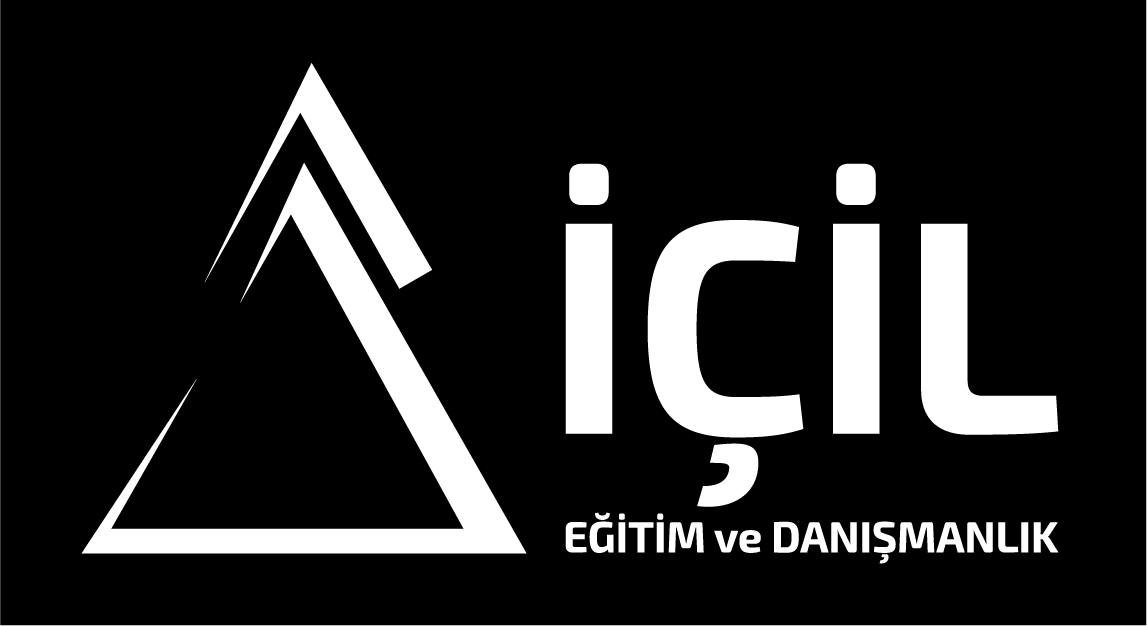Ethical Dilemmas Of Artificial Intelligence
(My article that is published in Inc. Türkiye)
Artificial intelligence (AI) is rapidly embedding itself into our lives as a transformative force revolutionizing industries, economies, and societies. However, this swift progress also brings serious ethical challenges that demand resolution. If we aim to build a future where AI is not only beneficial but also fair, confronting these ethical dilemmas is inevitable.
Bias in Training Data
One of the most significant ethical concerns surrounding AI is its potential for bias. AI systems are typically trained on large datasets that often reflect the inequalities and biases already present in society. As a result, AI not only reproduces these biases but can also amplify them.
For instance, AI-driven recruitment tools trained on biased historical hiring data may disadvantage certain groups. Similarly, criminal detection algorithms could produce unjust outcomes, particularly for minority groups.
These biases can lead to individual injustices as well as societal distrust and polarization. For example, if an AI system categorizes individuals from specific regions as "high-risk," it could aggravate social conflicts and undermine social unity.
Addressing this issue requires developers to train AI systems using more inclusive and fair datasets. Moreover, adopting universal approaches that consider diverse cultural, geographic, and social realities is essential. This is not just a technical challenge but a profound ethical responsibility.
Transparency and Understandability
The "black box" nature of AI presents another critical ethical issue. Even developers often struggle to fully understand how some algorithms work or make decisions. This lack of transparency can create public distrust and contribute to negative perceptions of AI.
In critical fields like healthcare, finance, and justice, clearly explaining the rationale behind AI-driven decisions is vital. For instance, when a bank evaluates loan applications using AI, it must not only provide the decision but also the reasoning behind it. Without this transparency, decisions could be perceived as unjust, leading to serious consequences for users.
Transparency is both a trust issue and a potential legal requirement. For example, the European Union's General Data Protection Regulation (GDPR) emphasizes the right of users to object to decisions made by automated systems. To comply with such regulations, developers must prioritize transparency in AI design.
Privacy Violations and Data Misuse
AI's extensive use of data raises significant concerns about privacy and data breaches. Facial recognition technology, while enhancing security, can enable unauthorized surveillance of individuals. Similarly, social media platforms and online applications often collect personal data without sufficient transparency.
Such violations not only jeopardize individual privacy but also increase the potential for authoritarian regimes to misuse these technologies, threatening freedom of expression and escalating tensions in society.
To mitigate these risks, both legal and technological solutions are necessary. Steps like anonymizing data and clearly informing users about data collection processes are crucial. Additionally, empowering individuals with tools to control their data can significantly enhance privacy protections.
Accountability in Autonomous Systems
Autonomous vehicles are among the most striking examples of AI, yet they raise complex questions of ethical and legal responsibility. In the event of an accident involving a self-driving car, it remains unclear who should be held accountable: the manufacturer, the software developers, or the user?
This ambiguity is not limited to autonomous vehicles. Errors in AI-driven systems, such as a healthcare application providing an incorrect diagnosis or a financial algorithm making a flawed investment decision, can pose significant safety risks. Enhancing transparency in decision-making processes and establishing clear legal frameworks are essential.
Autonomous Weapons
The military use of AI is another ethically controversial area. Autonomous weapons capable of selecting and engaging targets without human intervention may be effective on the battlefield but pose severe humanitarian and ethical risks. Errors, such as striking the wrong targets or unpredictable system behavior, could result in irreversible human losses.
To prevent misuse, international collaboration is needed to establish regulations. Banning lethal autonomous weapons and mandating human oversight could reduce these risks. (Ultimately, the real ethical question is why wars exist at all. My hope is that AI might one day find a way to prevent wars entirely.)
Unemployment and Economic Inequality
The acceleration of automation driven by AI also raises concerns about unemployment and economic inequality. From manufacturing to creative industries, nearly every sector is feeling the impact of AI. Addressing these challenges requires investment in upskilling and reskilling programs for workers. Creating new job opportunities in AI-transformed fields and strengthening social safety nets can help maintain societal balance during this transition.
Preparing for the Future
While AI has the power to transform the world, the direction of this transformation is entirely up to us. Algorithms shaped by bias, systems that violate privacy, ambiguous accountability scenarios, and automation deepening economic inequalities show that AI adoption is not just a technological issue, but also deeply ethical.
In the future, AI’s role will extend far beyond improving efficiency. It has the potential to revolutionize healthcare, education, and sustainability. However, realizing this potential depends on establishing a framework rooted in fundamental values like transparency, accountability, and fairness.
Collaboration among individuals, companies, governments, and international communities is critical. Developers must ensure that AI systems align with ethical values, while governments need to implement appropriate legal frameworks. Society as a whole must actively engage in this process. If we move forward in this manner, AI can become a cornerstone for a fair and sustainable future that serves humanity.
In conclusion, AI is no longer a choice, it is a reality. The key question is how we will manage this technology and what ethical principles we will base it on. The future depends not on AI’s decisions but on our ability to guide it. The time to act is now.
Mustafa İÇİL

